


How to Ace Your K-1 Fiancé Visa Interview
How to Ace Your K-1 Fiancé Visa Interview
How to Ace Your K-1 Fiancé Visa Interview
When love crosses borders, the K-1 visa is often the key to bringing two hearts together in the United States. At Namona, we understand the importance of family, and we’re here to help you navigate the immigration process smoothly. One crucial step in this journey is the K-1 visa interview, which can feel overwhelming but is manageable with the right preparation. This guide will break down everything you need to know for a successful interview, ensuring you and your fiancé are one step closer to starting your new life together.
Understanding the K-1 Visa Interview
The K-1 visa allows a foreign-born fiancé of a U.S. citizen to enter and live in the United States, provided the couple marries within 90 days. Before this can happen, the foreign fiancé must attend an interview at a U.S. embassy or consulate. This interview is a vital part of the process, and its purpose is to confirm that your relationship is genuine.
What Happens Before the Interview?
Before the interview, there are several steps to complete:
USCIS Approval: First, the U.S. Citizenship and Immigration Services (USCIS) must approve Form I-129F, the Petition for Alien Fiancé. This approval is valid for four months.
Form DS-160: After the initial approval, you must fill out and submit Form DS-160 online. This is your Nonimmigrant Visa Application.
Notification from the Embassy: Once your application is processed, the U.S. Department of State will take over and notify you about the interview's date, time, and location. This notification usually arrives within 30 days of application approval, and the interview typically takes place 4-6 weeks later.
Documents You Need to Bring
Bringing the correct documents is crucial for a smooth interview. Here’s what you need:
Form DS-160 Confirmation Page: Print this after completing the form online.
Valid Passport: Ensure your passport is valid for at least six months beyond the K-1 visa's duration.
Birth Certificate: Include a translated version if it's not in English.
Divorce or Death Certificates: If either of you was previously married, bring the necessary certificates.
Police Certificates: Provide certificates from all countries you've lived in for more than six months since turning 16.
Medical Exam Documentation: Complete the required medical exam before the interview.
Form I-134: Bring the Affidavit of Support to show financial backing.
Photographs: Two passport-style photos that meet the State Department's requirements.
Evidence of Your Relationship: This could include photos, travel records, and any documents that demonstrate your relationship’s authenticity.
Proving Your Relationship is Real
One of the most important parts of the interview is proving that your relationship is genuine. Here’s how to do it:
Create a Relationship Timeline: Highlight key dates, events, and milestones in your relationship.
Organize Official Documents: Keep translations and originals of necessary documents in an easily accessible folder.
Gather Supporting Evidence: Include photos, travel itineraries, and anything that shows your life as a couple. Financial documents like joint bank statements or rental agreements are also helpful.
Be Organized: Make sure your documents are well-organized so you can easily find what you need during the interview.
What to Expect During the Interview
The interview might include personal questions, such as:
How did you meet?
Where were your first dates?
When did you get engaged?
Where will you live after marriage?
Answer these questions honestly. If you don’t know an answer, it’s better to say so than to guess.
After the Interview: What Comes Next?
There are three possible outcomes after the interview:
Approval: If approved, you’ll receive your passport with the K-1 visa and a sealed packet for the Department of Homeland Security. Do not open this packet.
Request for More Evidence: The officer may ask for additional documents before making a final decision.
Denial: In rare cases, the visa may be denied, especially if there are serious concerns about the relationship or a past arrest.
Trust Namona with Your Family’s Future
At Namona, we specialize in family immigration law because we know how important it is to keep families together. The K-1 visa interview is a critical step, but with the right preparation, you can navigate it with confidence. If you need help with your K-1 visa or any other family immigration matter, our experienced team is here to guide you every step of the way. Let us help you build the future you’ve been dreaming of.
When love crosses borders, the K-1 visa is often the key to bringing two hearts together in the United States. At Namona, we understand the importance of family, and we’re here to help you navigate the immigration process smoothly. One crucial step in this journey is the K-1 visa interview, which can feel overwhelming but is manageable with the right preparation. This guide will break down everything you need to know for a successful interview, ensuring you and your fiancé are one step closer to starting your new life together.
Understanding the K-1 Visa Interview
The K-1 visa allows a foreign-born fiancé of a U.S. citizen to enter and live in the United States, provided the couple marries within 90 days. Before this can happen, the foreign fiancé must attend an interview at a U.S. embassy or consulate. This interview is a vital part of the process, and its purpose is to confirm that your relationship is genuine.
What Happens Before the Interview?
Before the interview, there are several steps to complete:
USCIS Approval: First, the U.S. Citizenship and Immigration Services (USCIS) must approve Form I-129F, the Petition for Alien Fiancé. This approval is valid for four months.
Form DS-160: After the initial approval, you must fill out and submit Form DS-160 online. This is your Nonimmigrant Visa Application.
Notification from the Embassy: Once your application is processed, the U.S. Department of State will take over and notify you about the interview's date, time, and location. This notification usually arrives within 30 days of application approval, and the interview typically takes place 4-6 weeks later.
Documents You Need to Bring
Bringing the correct documents is crucial for a smooth interview. Here’s what you need:
Form DS-160 Confirmation Page: Print this after completing the form online.
Valid Passport: Ensure your passport is valid for at least six months beyond the K-1 visa's duration.
Birth Certificate: Include a translated version if it's not in English.
Divorce or Death Certificates: If either of you was previously married, bring the necessary certificates.
Police Certificates: Provide certificates from all countries you've lived in for more than six months since turning 16.
Medical Exam Documentation: Complete the required medical exam before the interview.
Form I-134: Bring the Affidavit of Support to show financial backing.
Photographs: Two passport-style photos that meet the State Department's requirements.
Evidence of Your Relationship: This could include photos, travel records, and any documents that demonstrate your relationship’s authenticity.
Proving Your Relationship is Real
One of the most important parts of the interview is proving that your relationship is genuine. Here’s how to do it:
Create a Relationship Timeline: Highlight key dates, events, and milestones in your relationship.
Organize Official Documents: Keep translations and originals of necessary documents in an easily accessible folder.
Gather Supporting Evidence: Include photos, travel itineraries, and anything that shows your life as a couple. Financial documents like joint bank statements or rental agreements are also helpful.
Be Organized: Make sure your documents are well-organized so you can easily find what you need during the interview.
What to Expect During the Interview
The interview might include personal questions, such as:
How did you meet?
Where were your first dates?
When did you get engaged?
Where will you live after marriage?
Answer these questions honestly. If you don’t know an answer, it’s better to say so than to guess.
After the Interview: What Comes Next?
There are three possible outcomes after the interview:
Approval: If approved, you’ll receive your passport with the K-1 visa and a sealed packet for the Department of Homeland Security. Do not open this packet.
Request for More Evidence: The officer may ask for additional documents before making a final decision.
Denial: In rare cases, the visa may be denied, especially if there are serious concerns about the relationship or a past arrest.
Trust Namona with Your Family’s Future
At Namona, we specialize in family immigration law because we know how important it is to keep families together. The K-1 visa interview is a critical step, but with the right preparation, you can navigate it with confidence. If you need help with your K-1 visa or any other family immigration matter, our experienced team is here to guide you every step of the way. Let us help you build the future you’ve been dreaming of.
When love crosses borders, the K-1 visa is often the key to bringing two hearts together in the United States. At Namona, we understand the importance of family, and we’re here to help you navigate the immigration process smoothly. One crucial step in this journey is the K-1 visa interview, which can feel overwhelming but is manageable with the right preparation. This guide will break down everything you need to know for a successful interview, ensuring you and your fiancé are one step closer to starting your new life together.
Understanding the K-1 Visa Interview
The K-1 visa allows a foreign-born fiancé of a U.S. citizen to enter and live in the United States, provided the couple marries within 90 days. Before this can happen, the foreign fiancé must attend an interview at a U.S. embassy or consulate. This interview is a vital part of the process, and its purpose is to confirm that your relationship is genuine.
What Happens Before the Interview?
Before the interview, there are several steps to complete:
USCIS Approval: First, the U.S. Citizenship and Immigration Services (USCIS) must approve Form I-129F, the Petition for Alien Fiancé. This approval is valid for four months.
Form DS-160: After the initial approval, you must fill out and submit Form DS-160 online. This is your Nonimmigrant Visa Application.
Notification from the Embassy: Once your application is processed, the U.S. Department of State will take over and notify you about the interview's date, time, and location. This notification usually arrives within 30 days of application approval, and the interview typically takes place 4-6 weeks later.
Documents You Need to Bring
Bringing the correct documents is crucial for a smooth interview. Here’s what you need:
Form DS-160 Confirmation Page: Print this after completing the form online.
Valid Passport: Ensure your passport is valid for at least six months beyond the K-1 visa's duration.
Birth Certificate: Include a translated version if it's not in English.
Divorce or Death Certificates: If either of you was previously married, bring the necessary certificates.
Police Certificates: Provide certificates from all countries you've lived in for more than six months since turning 16.
Medical Exam Documentation: Complete the required medical exam before the interview.
Form I-134: Bring the Affidavit of Support to show financial backing.
Photographs: Two passport-style photos that meet the State Department's requirements.
Evidence of Your Relationship: This could include photos, travel records, and any documents that demonstrate your relationship’s authenticity.
Proving Your Relationship is Real
One of the most important parts of the interview is proving that your relationship is genuine. Here’s how to do it:
Create a Relationship Timeline: Highlight key dates, events, and milestones in your relationship.
Organize Official Documents: Keep translations and originals of necessary documents in an easily accessible folder.
Gather Supporting Evidence: Include photos, travel itineraries, and anything that shows your life as a couple. Financial documents like joint bank statements or rental agreements are also helpful.
Be Organized: Make sure your documents are well-organized so you can easily find what you need during the interview.
What to Expect During the Interview
The interview might include personal questions, such as:
How did you meet?
Where were your first dates?
When did you get engaged?
Where will you live after marriage?
Answer these questions honestly. If you don’t know an answer, it’s better to say so than to guess.
After the Interview: What Comes Next?
There are three possible outcomes after the interview:
Approval: If approved, you’ll receive your passport with the K-1 visa and a sealed packet for the Department of Homeland Security. Do not open this packet.
Request for More Evidence: The officer may ask for additional documents before making a final decision.
Denial: In rare cases, the visa may be denied, especially if there are serious concerns about the relationship or a past arrest.
Trust Namona with Your Family’s Future
At Namona, we specialize in family immigration law because we know how important it is to keep families together. The K-1 visa interview is a critical step, but with the right preparation, you can navigate it with confidence. If you need help with your K-1 visa or any other family immigration matter, our experienced team is here to guide you every step of the way. Let us help you build the future you’ve been dreaming of.
Our experts have compiled resources that cover the basics and beyond.
Related Articles
Related Articles
Related Articles


Checklist For Marriage Based Green Card


Proof Of Marriage Documents For Immigration


Marriage With a DACA Recipient: How to Get a Green Card?


Consular Processing Vs Adjustment Of Status


How to Marry a Non-U.S. Citizen?: A Detailed Guide


How Do You Provide Proof Of Domicile For Green Card Applications?


H1-B Marriage to US Citizen: A Step-by-Step Guide


How to Change B-1 / B-2 Visa to a Green Card?


K1 vs CR1 Visa - Which One Do You Need?


How To Get A Green Card For My Parents?


K1 Visa Lawyer Cost: Complete Price Breakdown Guide 2025


K1 Visa vs K3 Visa: Key Differences & Better Options (2025)


How to Bring Your Parents to the U.S. – A Complete Immigration Guide


Your Guide to the Fiancé Visa Process: Bringing Your Loved One to the U.S.


How to Prepare for K-1 Visa Interview? - Common Questions & Tips


Maximizing Your K-1 Visa Approval Chances: Essential Tips


Transitioning from a K-1 Visa to a Marriage-Based Green Card: A Step-by-Step Guide


Understanding the Role of a K-1 Joint Sponsor


Form I-129F: The First Step to Getting Your K-1 Visa


Can I Visit My Fiancé in the United States Without a K-1 Visa?


Tracking the Progress of Your K-1 Visa Application


How to Ace Your K-1 Fiancé Visa Interview


K-1 Visa Cost - How Much Does a Fiancé Visa Cost in 2025?


K-1 Visa Timeline - How Long Does it Take to Get a K-1 Fiancé Visa?


Fiancé Visa vs. Marriage Green Card - Know the Difference
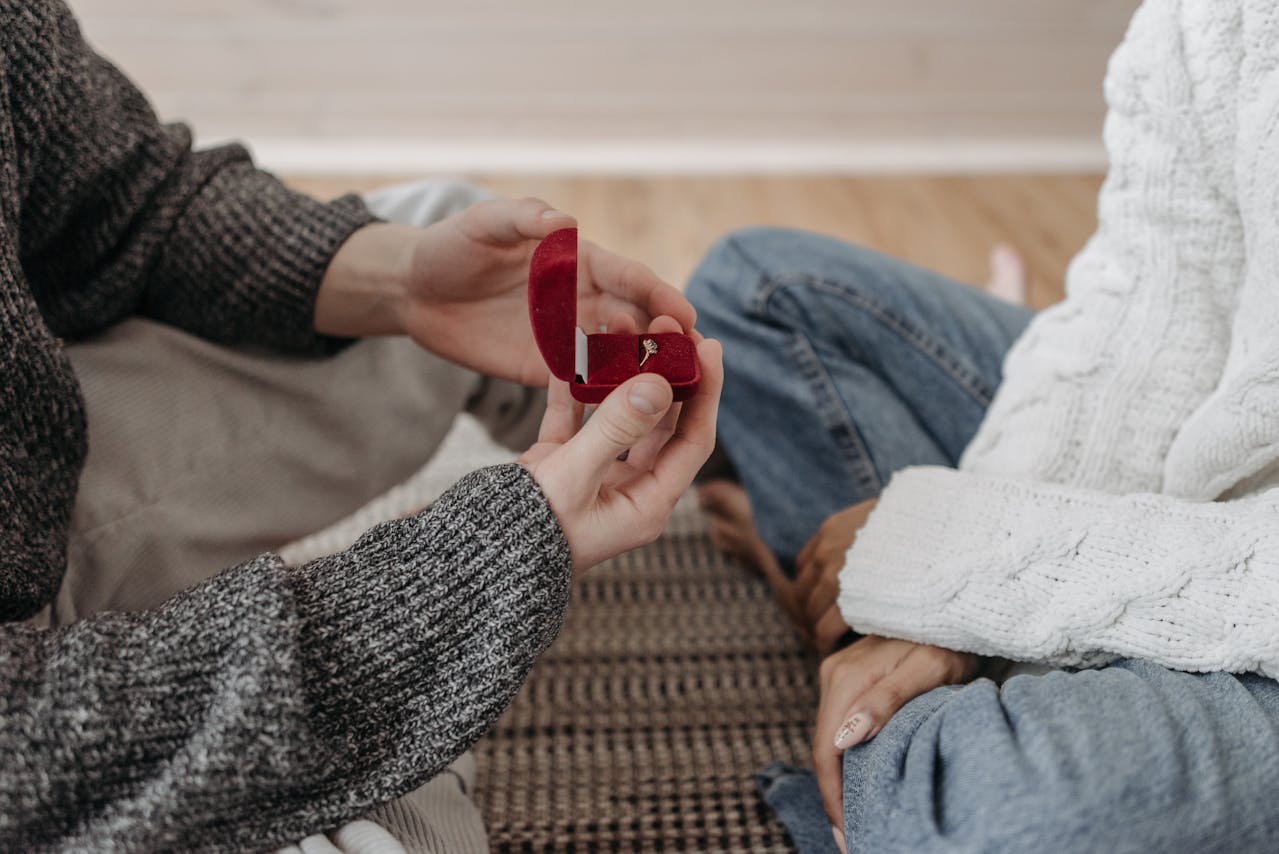

The Perks of Having a K-1 Visa
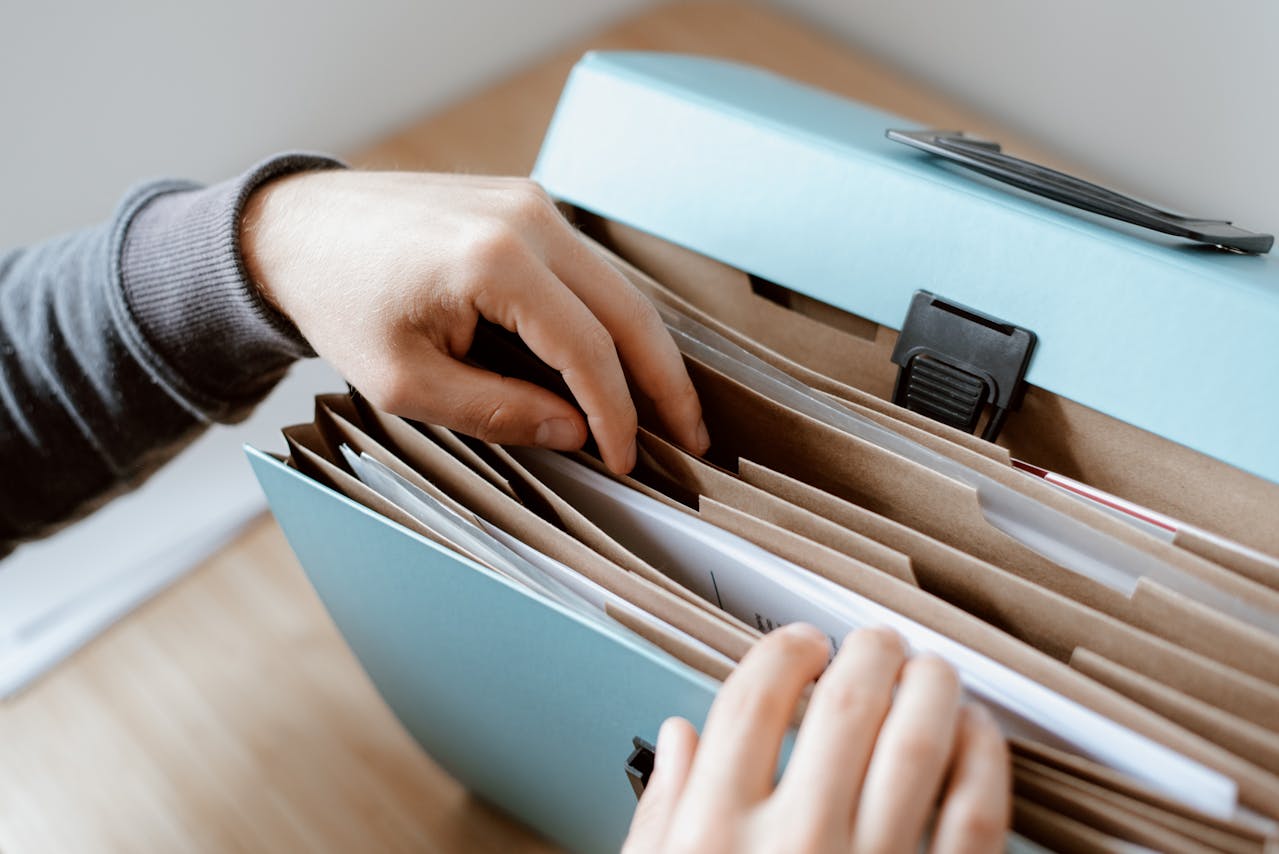

Essential Documents for Your Fiancé Visa Application


K-1 Visa Application: Know Your Requirements


Should You Apply for Work and Travel Permits During the Green Card Process?
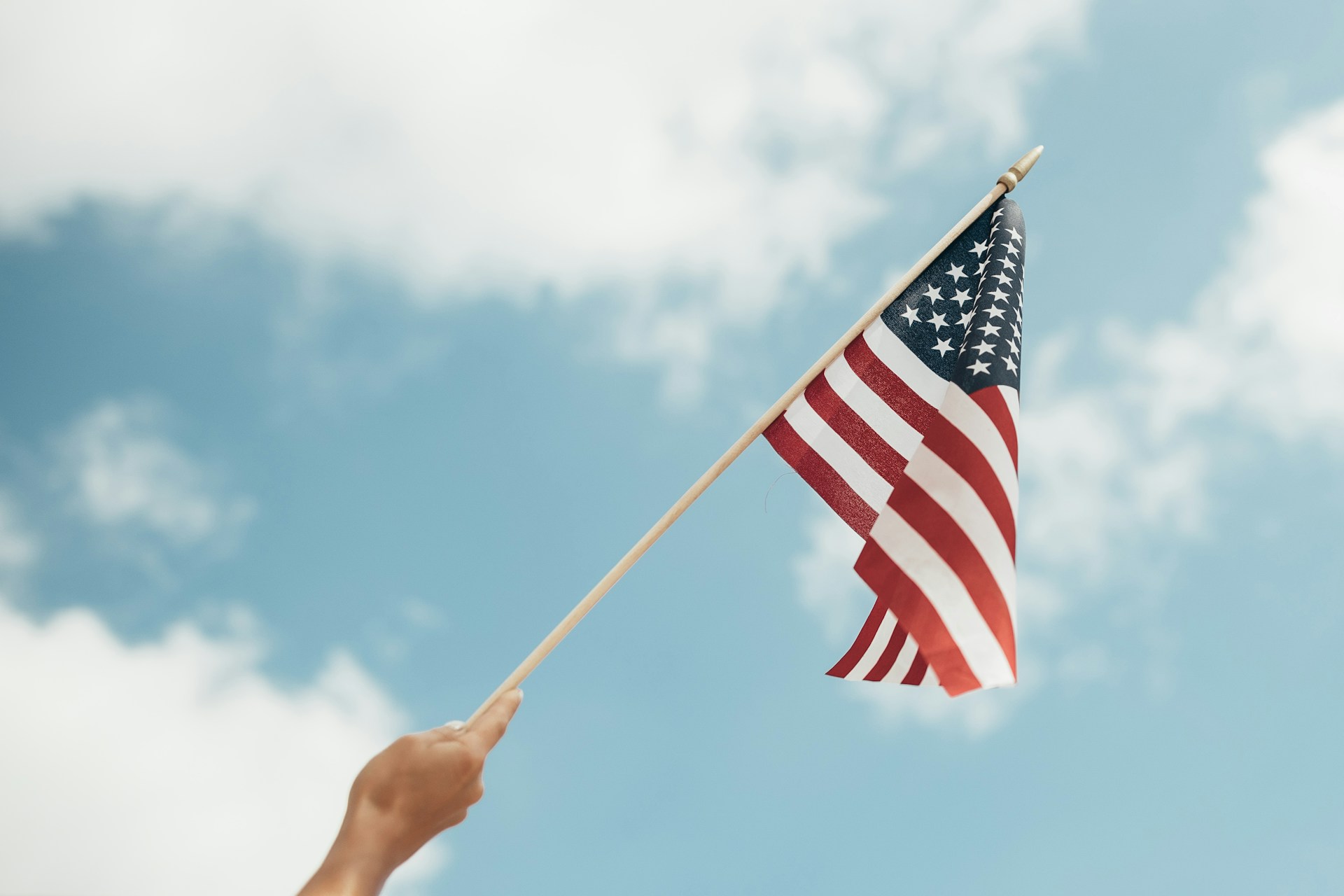

Becoming a U.S. Citizen: A Step-by-Step Guide for Immigrants
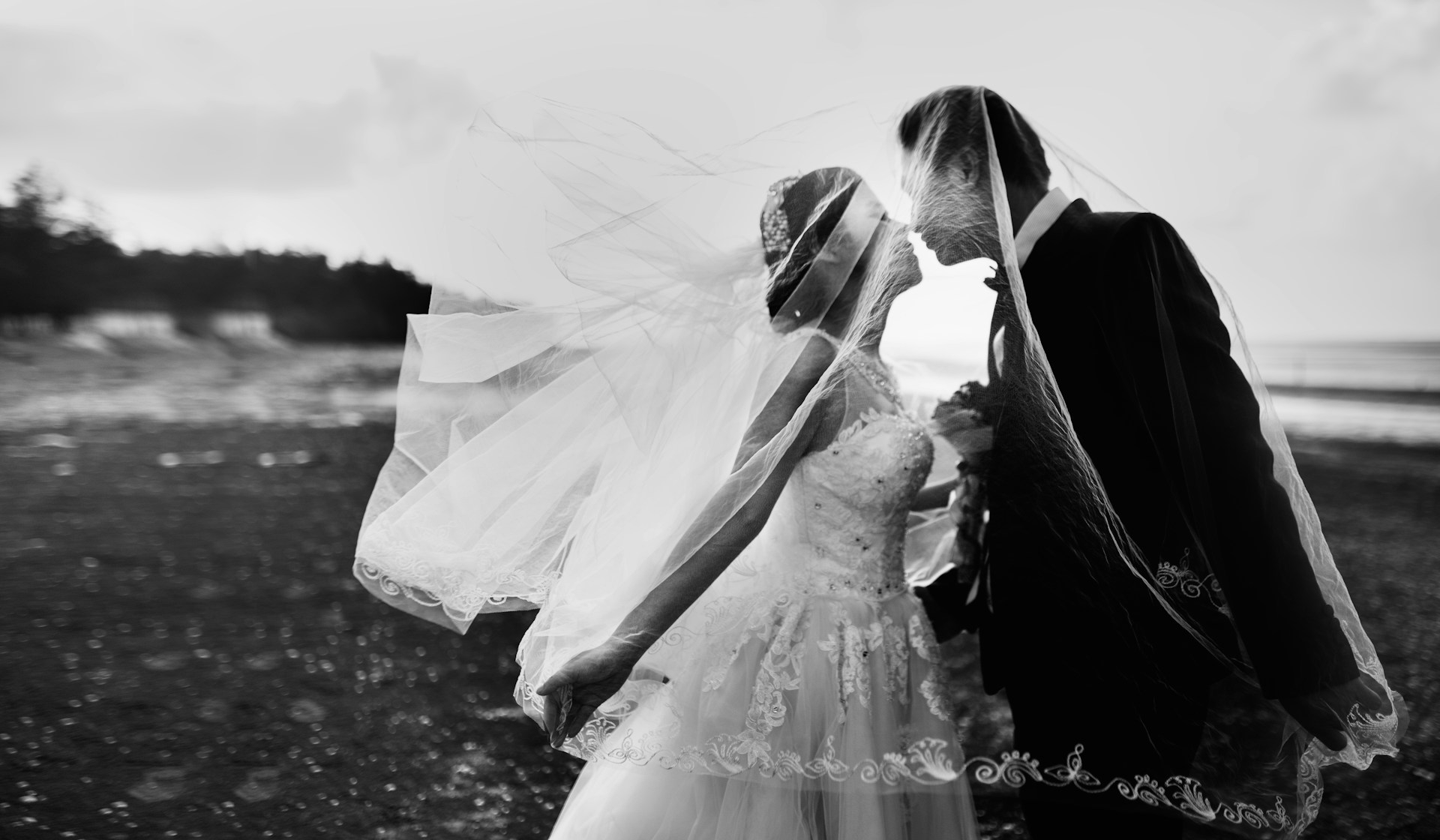

Navigating CR1 and IR1 Spouse Visas: A Simple Guide
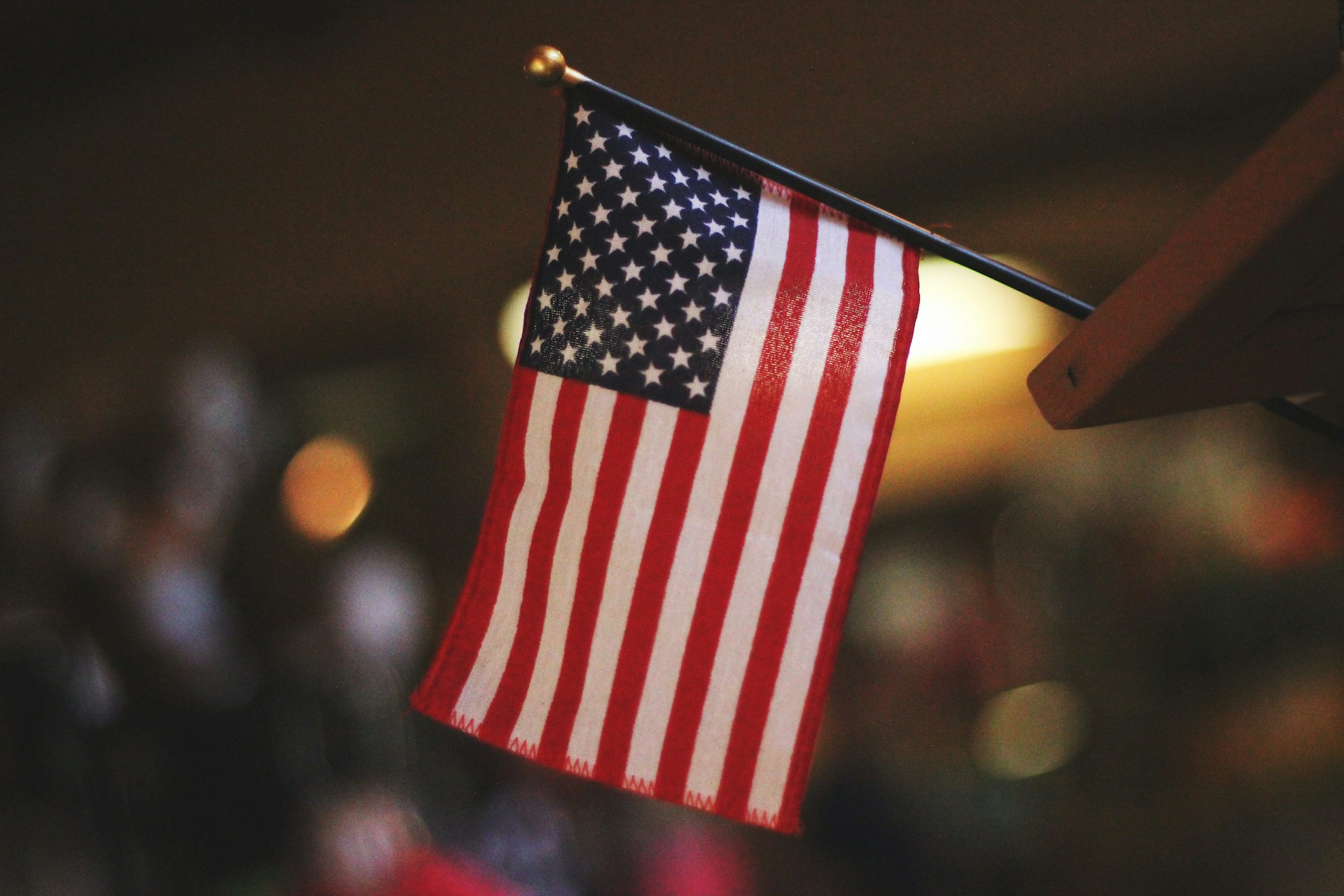

Your Guide to U.S. Immigration: Simplified
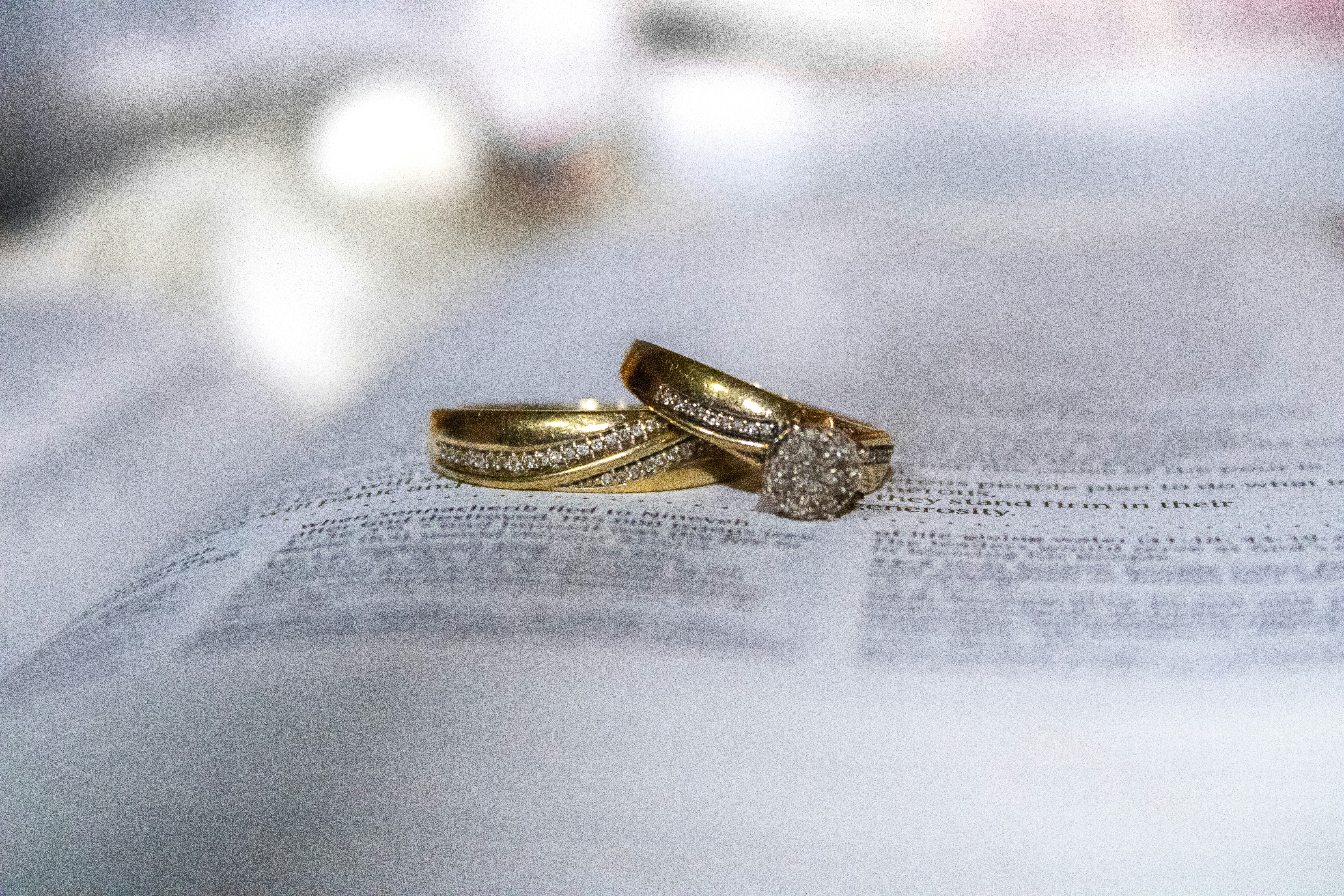

The Ultimate Guide to Marriage Green Cards: Your Pathway to Permanent Residency


Your Guide to Family Immigration: Navigating the Pathway to Reunite with Loved Ones


Everything You Need to Know About the K-1 Visa: A Comprehensive Guide


Top 5 Questions to Ask an Immigration Lawyer


The Role of a Family Immigration Lawyer: How We Can Help


Family Immigration 101: Common Questions Answered


A Comprehensive Guide to Common Immigration Forms and Fees


Navigating the Immigration Process: A Comprehensive Guide to Family Immigration


A Comprehensive Guide to Different Types of Family Immigration Visas


Immigration Law FAQs: Answers to Your Most Common Questions

Welcome to the Namona Family!
We're committed to guiding you through every aspect of your immigration journey,
ensuring a smooth and stress-free process.
Call us today and take the first step towards achieving your immigration goals.
© 2024 Namona

Welcome to the Namona Family!
We're committed to guiding you through every aspect of your immigration journey,
ensuring a smooth and stress-free process.
Call us today and take the first step towards achieving your immigration goals.
© 2024 Namona

Welcome to the Namona Family!
We're committed to guiding you through every aspect of your immigration journey,
ensuring a smooth and stress-free process.
Call us today and take the first step towards achieving your immigration goals.
© 2024 Namona